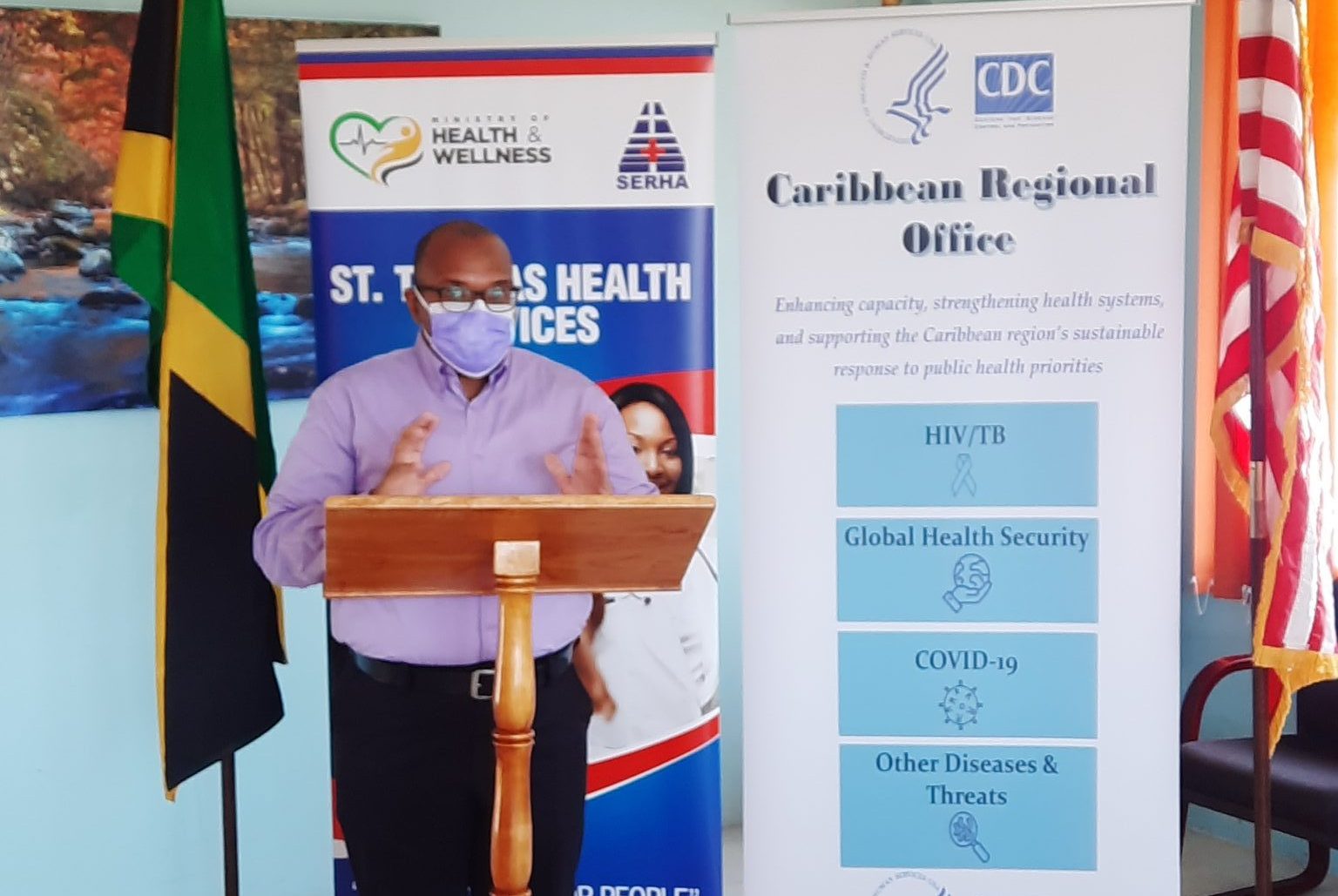Residents of St. Thomas Urged to Prevent the Breeding of Mosquitoes
By: , March 20, 2023The Full Story
The St. Thomas Health Services is urging residents of the parish to be vigilant in preventing the breeding of mosquitoes, to decrease the likelihood of persons contracting dengue fever as they store water for household use.
In an interview with JIS News, Medical Officer of Health for the parish, Dr. D’Oyen Smith, explained that many residents try to have a reserve of water, so they store the commodity in drums.
However, he pointed out that the 45 to 55-gallon drums that are typically used across the parish for water storage are responsible for 85 per cent of the breeding of the Aedes aegypti mosquito.
The Aedes aegypti, which is one of the vectors for the dengue virus (along with the Aedes albopictus), breeds when water gets trapped in containers in and around the home.
Dr. Smith noted that the laying of eggs by the mosquitoes in these water containers creates long-term problems for householders.
“Even if fogging is done and we kill off all the mosquitoes in the parish today, there are still eggs that are present. The eggs could be in a coconut husk or sometimes in a tin can in the yard,” he said.
Dr. Smith added that some yards that are far away from water pipes have as many as12 drums, “and each of those drums could be a breeding [site], so that increases the number of mosquitoes that you are exposed to as the family”.
He also highlighted that when the mosquito is infected with a virus and lays the egg, the virus is contained in the egg, which can survive for up to a year before it hatches.
“When it hatches, if the conditions are right and there is moisture, such as rainfall, that egg will hatch with the virus inside of it, and that new mosquito comes out with the virus,” he noted.
Dr. Smith warned that one the most dangerous vector-borne illnesses is the dengue haemorrhagic fever.
“The danger for humans is that there are four different types of the dengue fever virus, so each time that you get one, the risk is worse of you having what they call the bleeding fever or the dengue haemorrhagic fever,” he said.
Dr. Smith noted that during the last outbreak of the disease in 2019, several persons contracted and succumbed to the illness.


